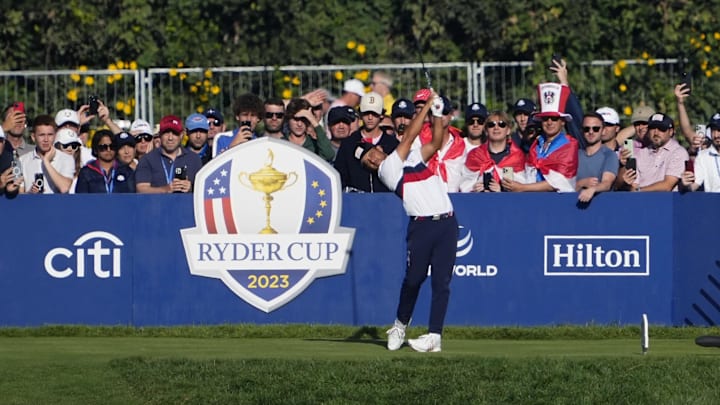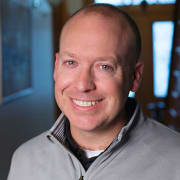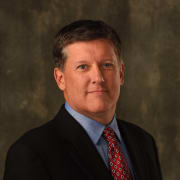Fact or Fiction: The Time Has Come to Pay the U.S. Ryder Cup Team

Welcome back to SI Golf’s Fact or Fiction, where we're planning on a lot of free drops from leafy lost balls this weekend.
Once again, we’re here to debate a series of statements for writers and editors to declare as “Fact” or “Fiction” along with a brief explanation. Responses may also (occasionally) be “Neutral” since there's a lot of gray area in golf.
Do you agree or disagree? Let us know on the SI Golf X account.
With $750 tickets to next year’s Ryder Cup, which will fill PGA of America coffers to the tune of millions of dollars, it’s time for U.S. players to finally be paid instead of just given money to allocate to their preferred charities.
Bob Harig: FACT. It won’t be popular with the masses, who think these guys ought to play for country or continent gratis—when everyone else involved is making money. The PGA of America should do its own charitable giving, and let the players make donations based on income earned. They could even earmark a percentage if necessary. But nobody in sports or entertainment—unless it is a benefit—competes for free, especially when the score is being kept and the outcome matters.
Jeff Ritter: FACT. There’s plenty of money to go around here. Just give them a fair stipend for their participation—it doesn’t have to be extravagant—and then this controversy disappears.
John Schwarb: FACT. The PGA of America would be wise to get out in front of this sooner than later, i.e., before all the top stars speak regularly again and will undoubtedly be asked about this. Let’s call it $500,000 per player: half in cash and half to charity, the latter of which the PGA of America will help promote. Not so much money to look greedy but enough to end the discussion.
In an exclusive interview with Sports Illustrated, Greg Norman expressed frustration over LIV Golf still not having a network TV deal. If the league had that, it would instantly gain more respectability in the sports landscape.
Bob Harig: FICTION. It would help the narrative, certainly, as would having broadcasts that aren’t on at the same time as PGA Tour events. But LIV’s issues go beyond TV. Lack of sponsorship and big revenue streams are issues that need to be addressed. Obviously a television rights fee would go a long way in helping.
Jeff Ritter: FICTION. Just being on TV alone won’t be enough. LIV will gain respect by creating a TV-friendly product, ideally with innovations that aren’t currently offered in current golf television broadcasts, while staging fair and compelling competitions and placing an emphasis on engaging viewers.
John Schwarb: FACT. Jeff is right in that TV alone isn’t enough, but it would be an immediate game-changer. A network would be motivated to promote LIV and give it the best chance to succeed in a crowded TV sports marketplace. Or maybe the Saudis could just buy Golf Channel.
The PGA Tour lost a 16-year-long sponsor with Shriners Children’s Hospital walking away from the annual stop in Las Vegas. This should be viewed not as an aberration but as a continued sign of the Tour’s struggle to find solid footing during a prolonged period of turmoil in pro golf.
Bob Harig: FACT. Shriners is out. Sanderson Farms was out and then decided to come back for another year. RBC has again re-upped for only one year. The Tour has done an excellent job of replacing sponsors over the years and very well might do the same here. But the fall events have a new look, with fewer stars playing. Already purses have been reduced this fall. Perhaps a bigger hit is necessary.
Jeff Ritter: FACT. I’m not exactly sure what to make of it, since the statements coming out of it were corporate legalese. I’d guess Shriners Children’s Hospital either didn’t see a return on its investment, or was asked to make a larger investment it wasn’t comfortable with, or—least likely—was asked not to return. Whatever the case, it’s another sign that the Tour is going through some turmoil while navigating a new sponsorship landscape.
John Schwarb: NEUTRAL. Sponsor shuffles do happen on Tour; before Shriners Hospital came on board in 2008 the Vegas stop had three sponsors in a six-year span including one year without a sponsor at all. But with the split atop pro golf right now, how do you not look at these announcements with added skepticism?


